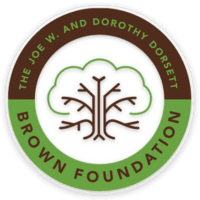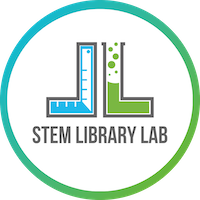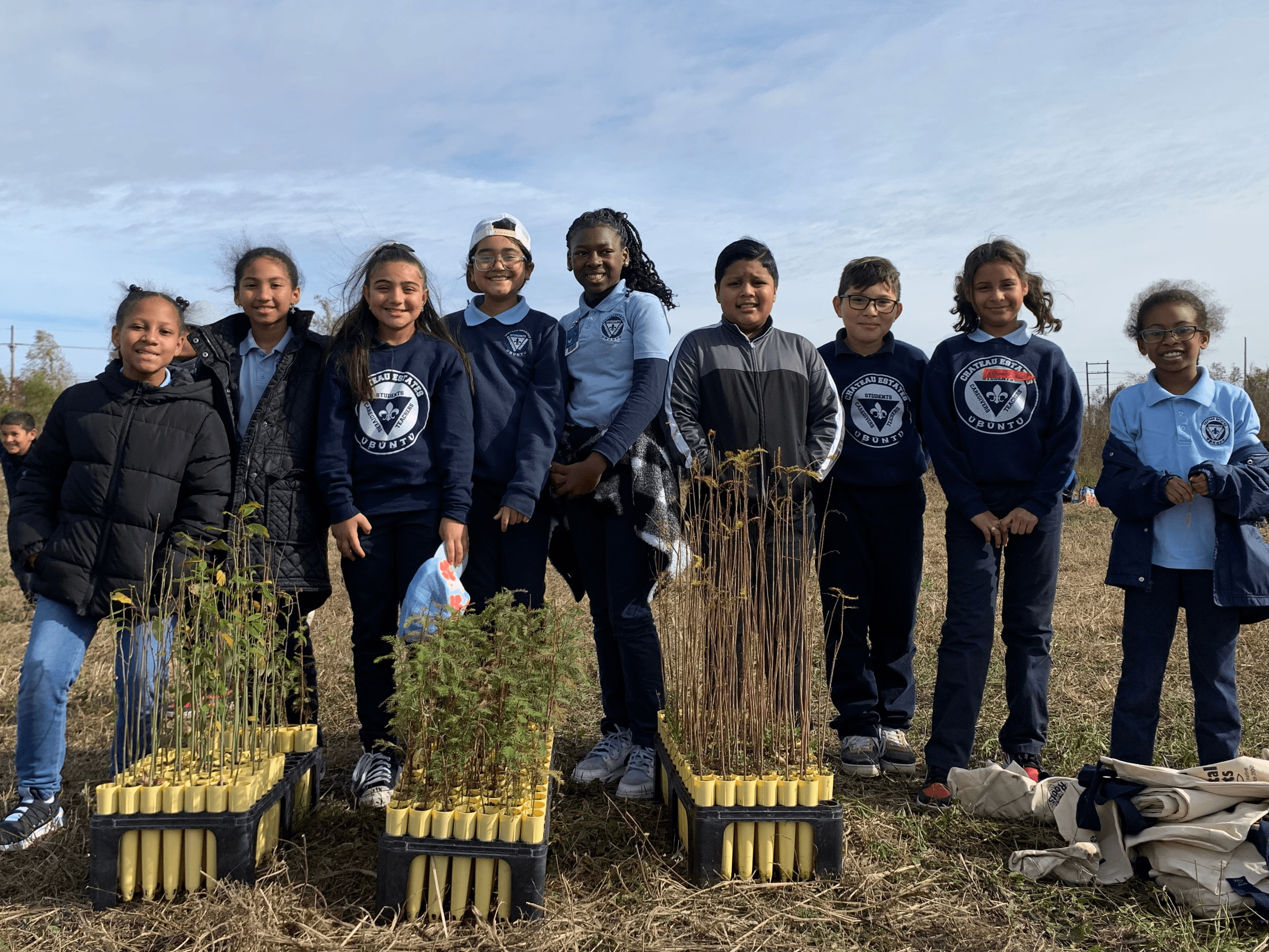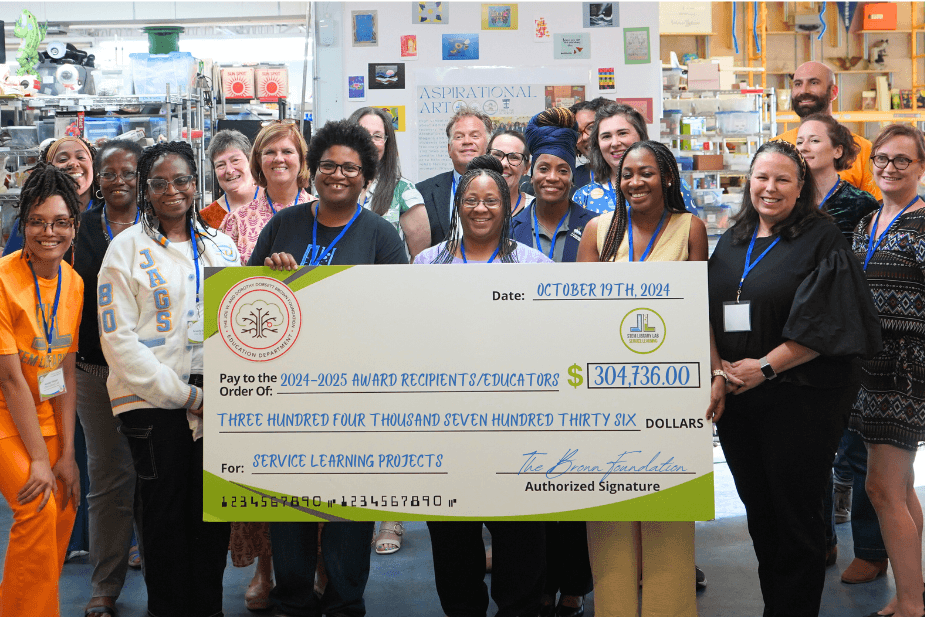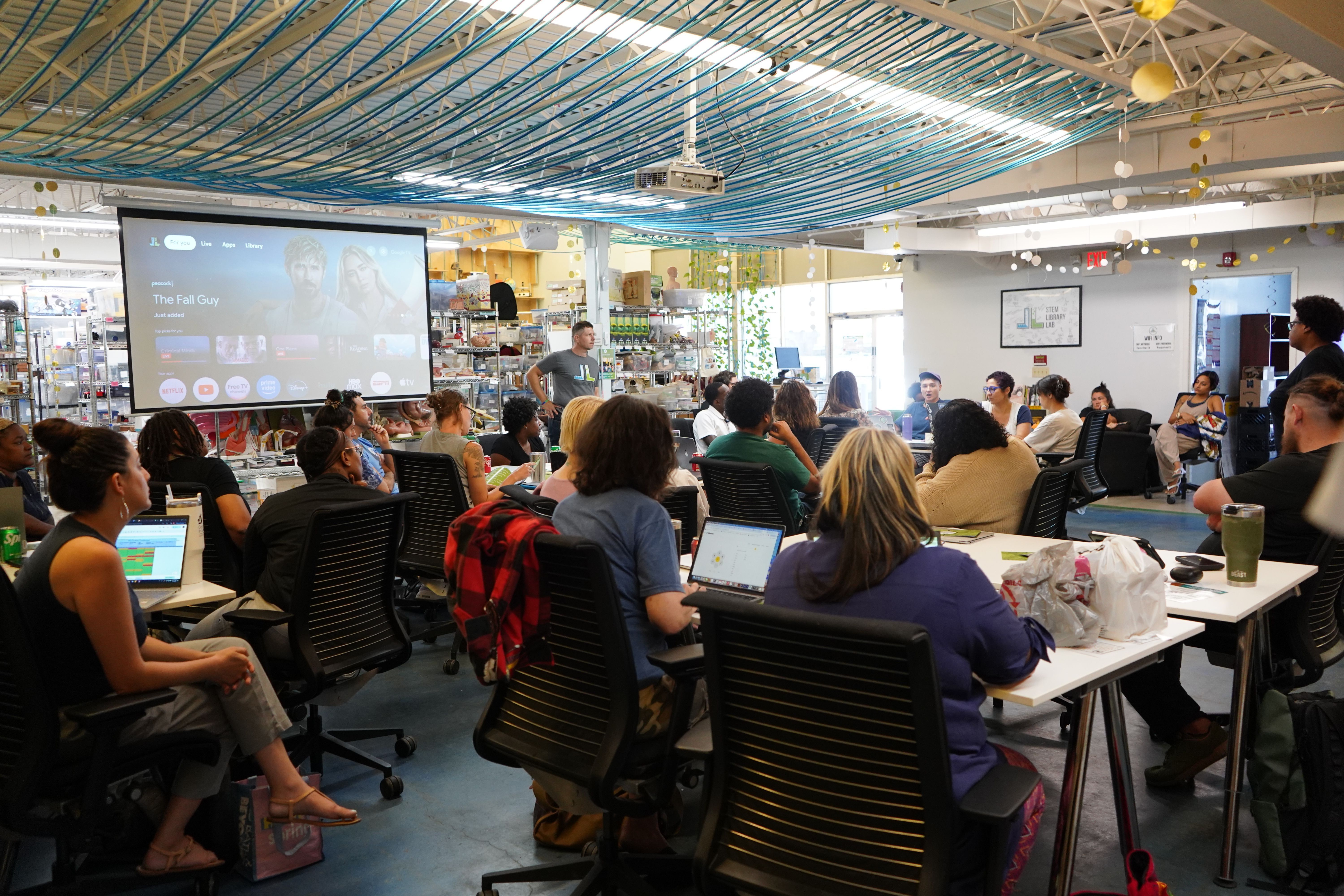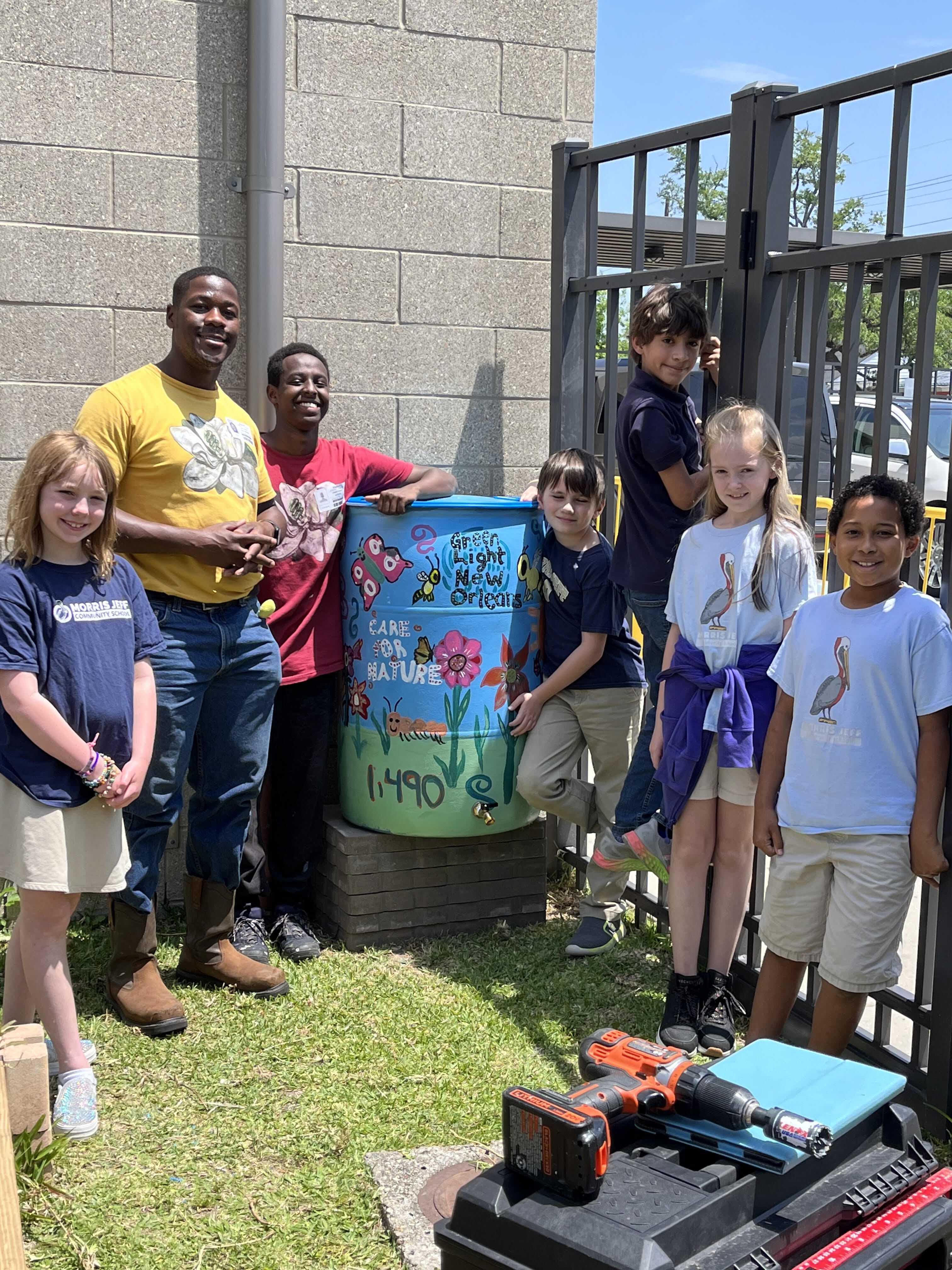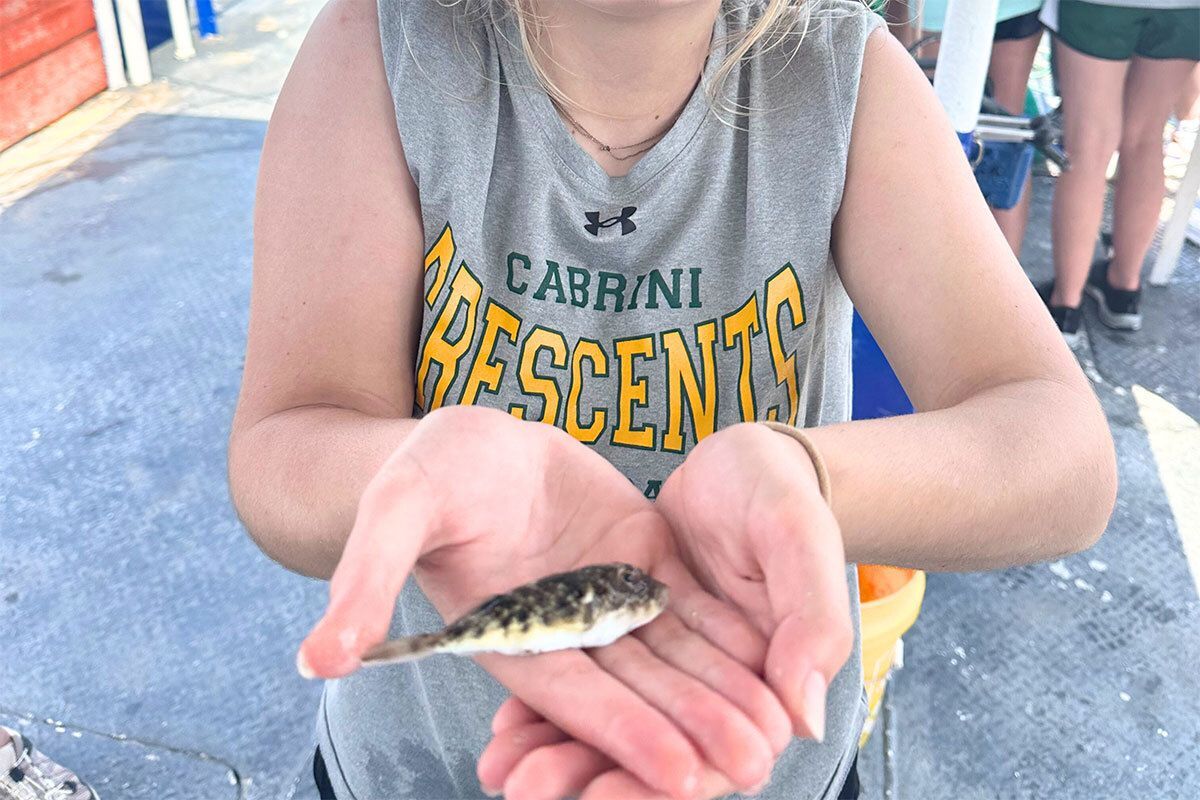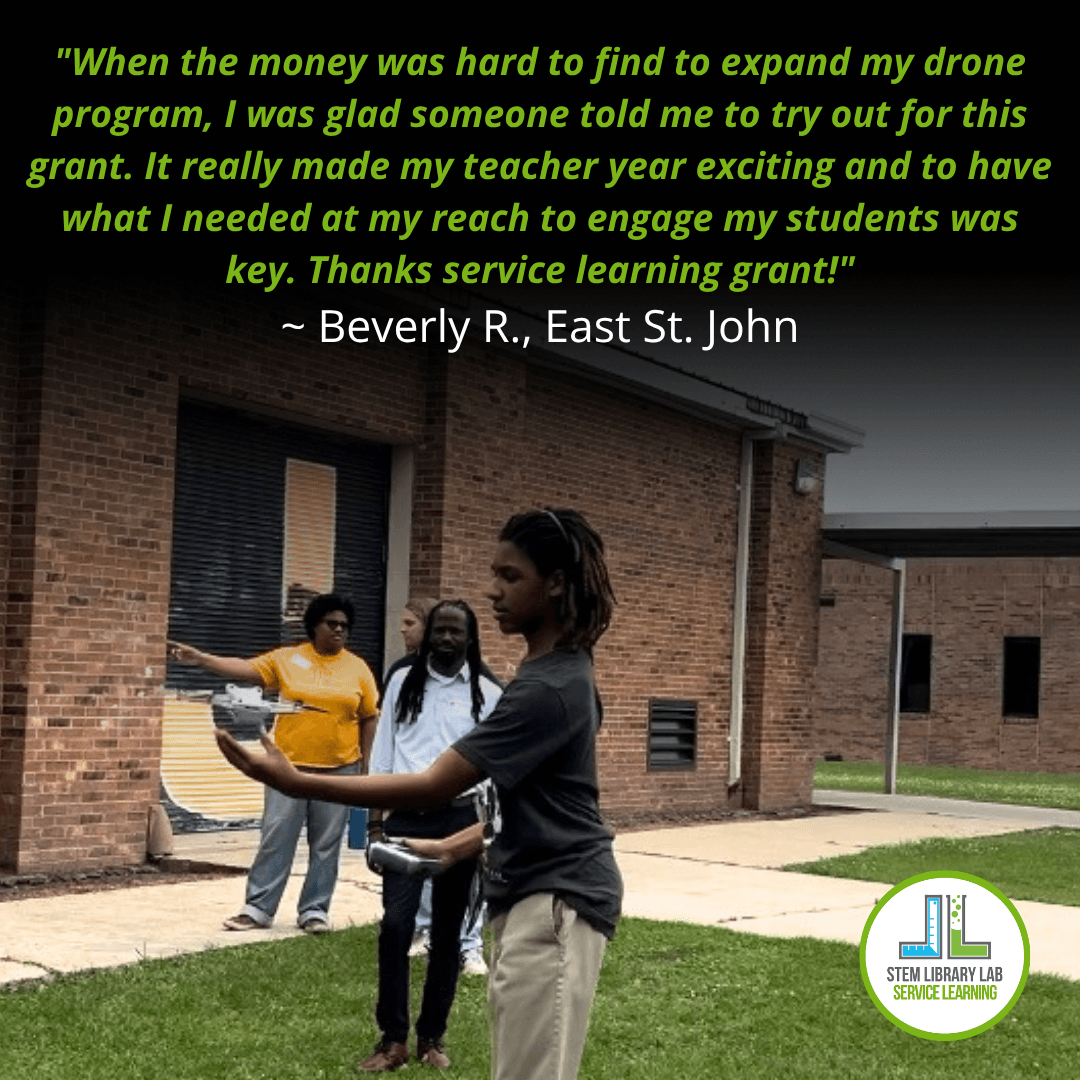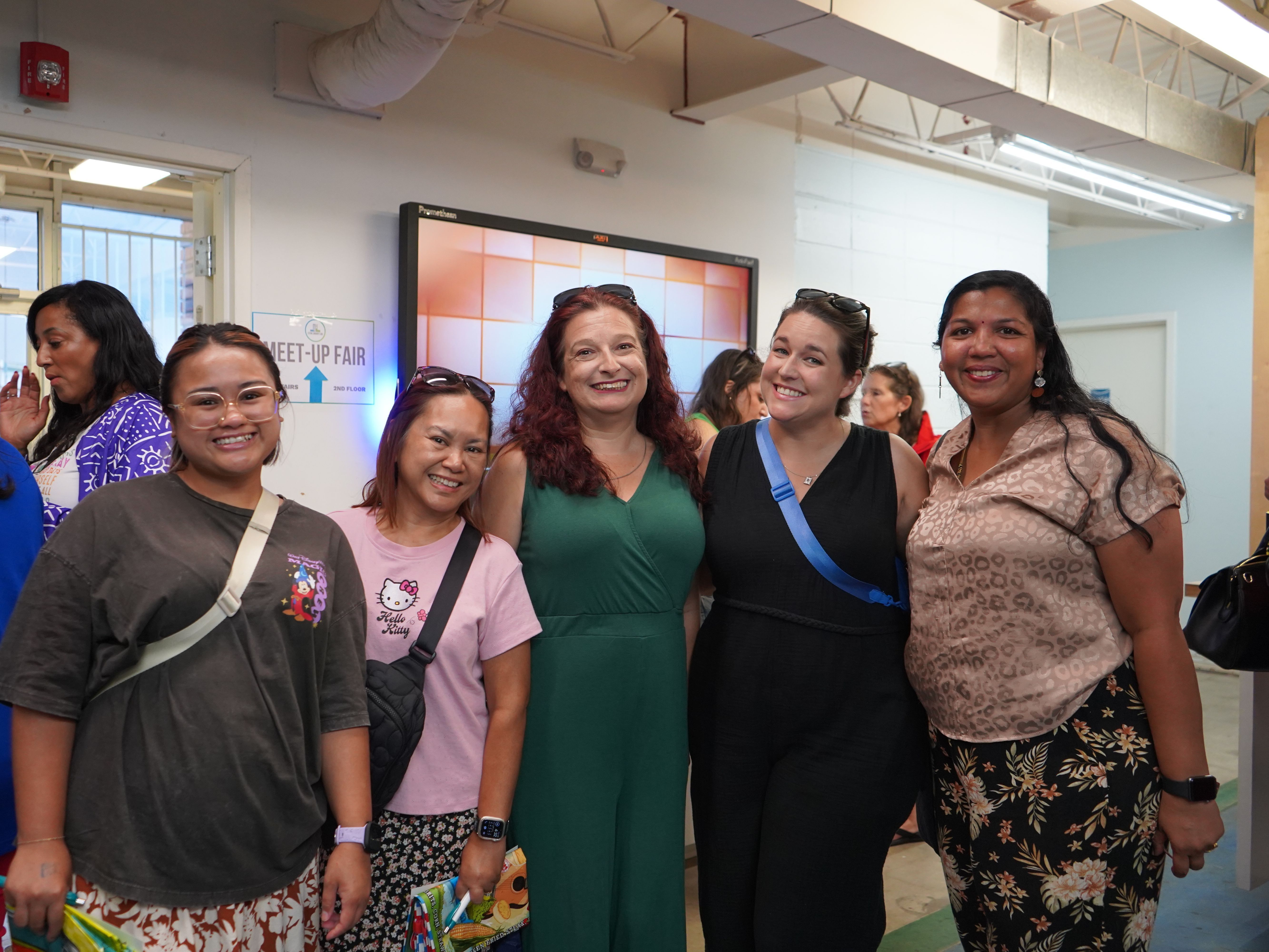“I truly believe these service-learning experiences have made me a more effective teacher and have provided students a voice and a chance to show how much of a difference they can make as a citizen, even at a young age.”
- Barry J. Guillot, NBCT | 8th Grade Earth Science, Harry Hurst Middle School
Start Your Service Learning Journey!
The Service Learning Program is generously funded by the Joe W. and Dorothy Dorsett Brown Foundation.
